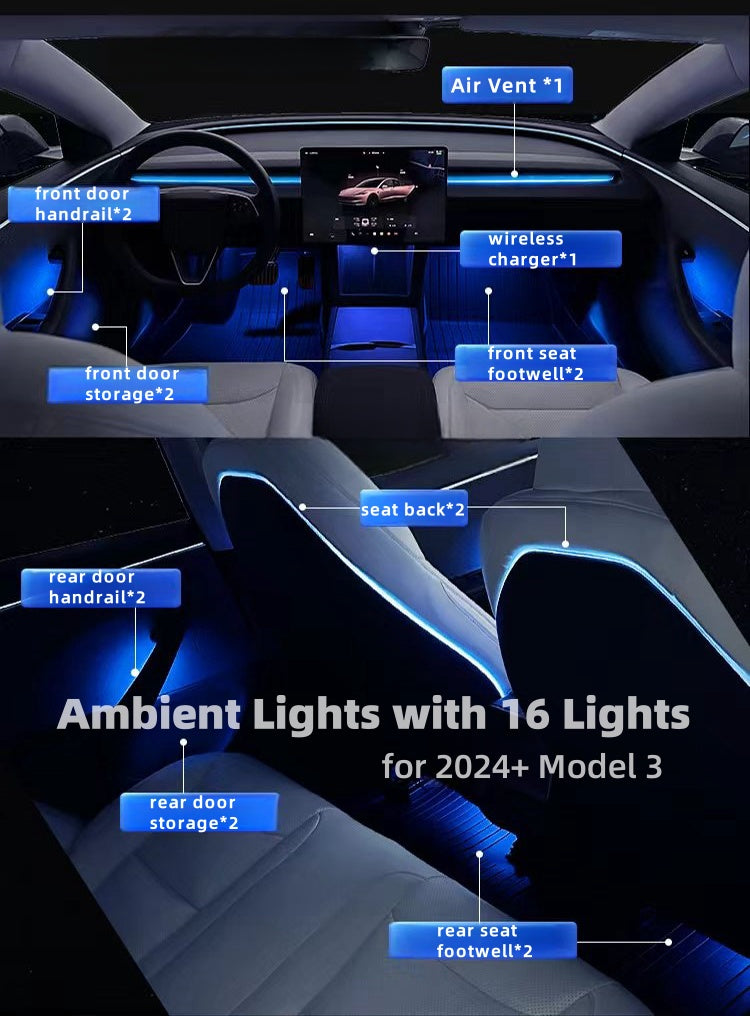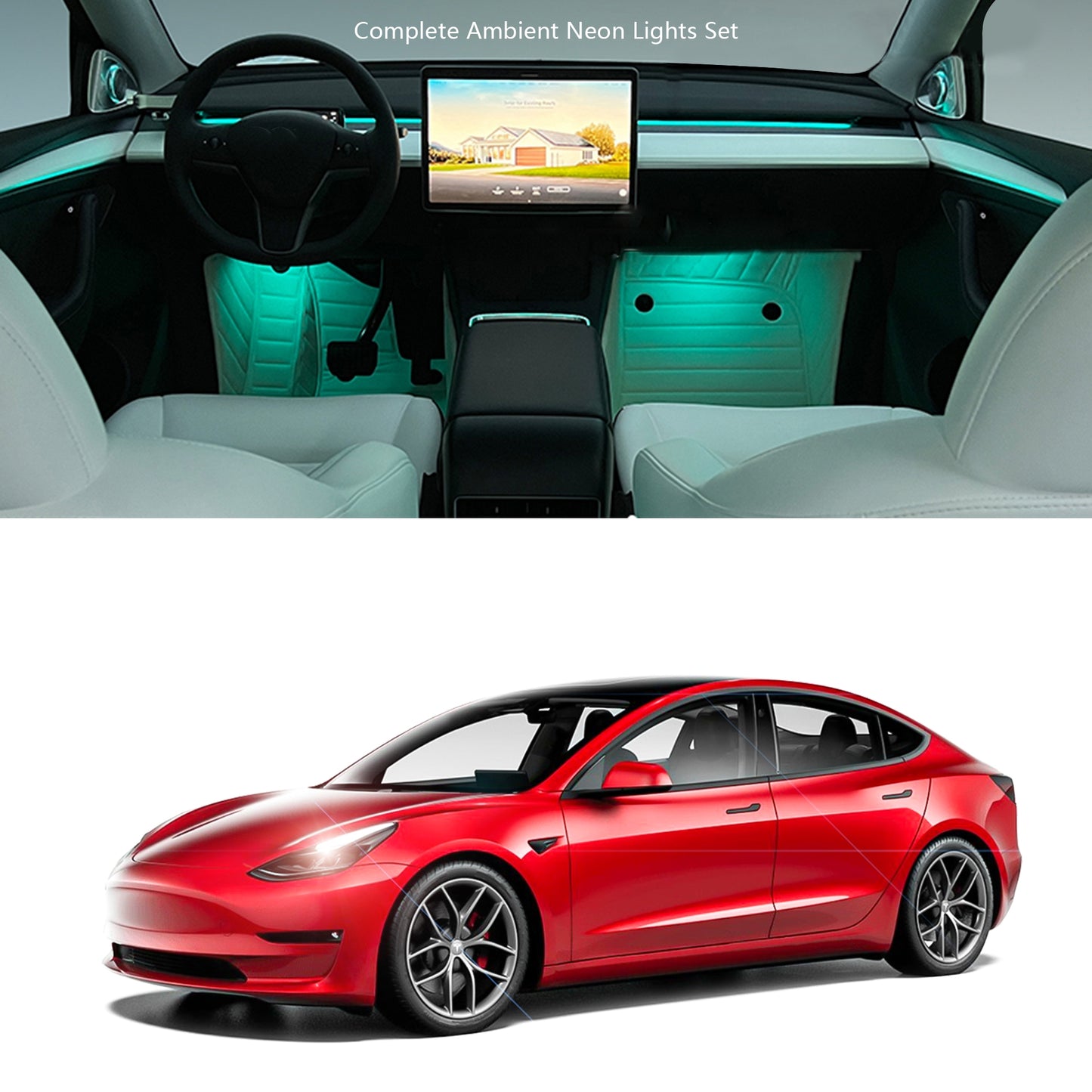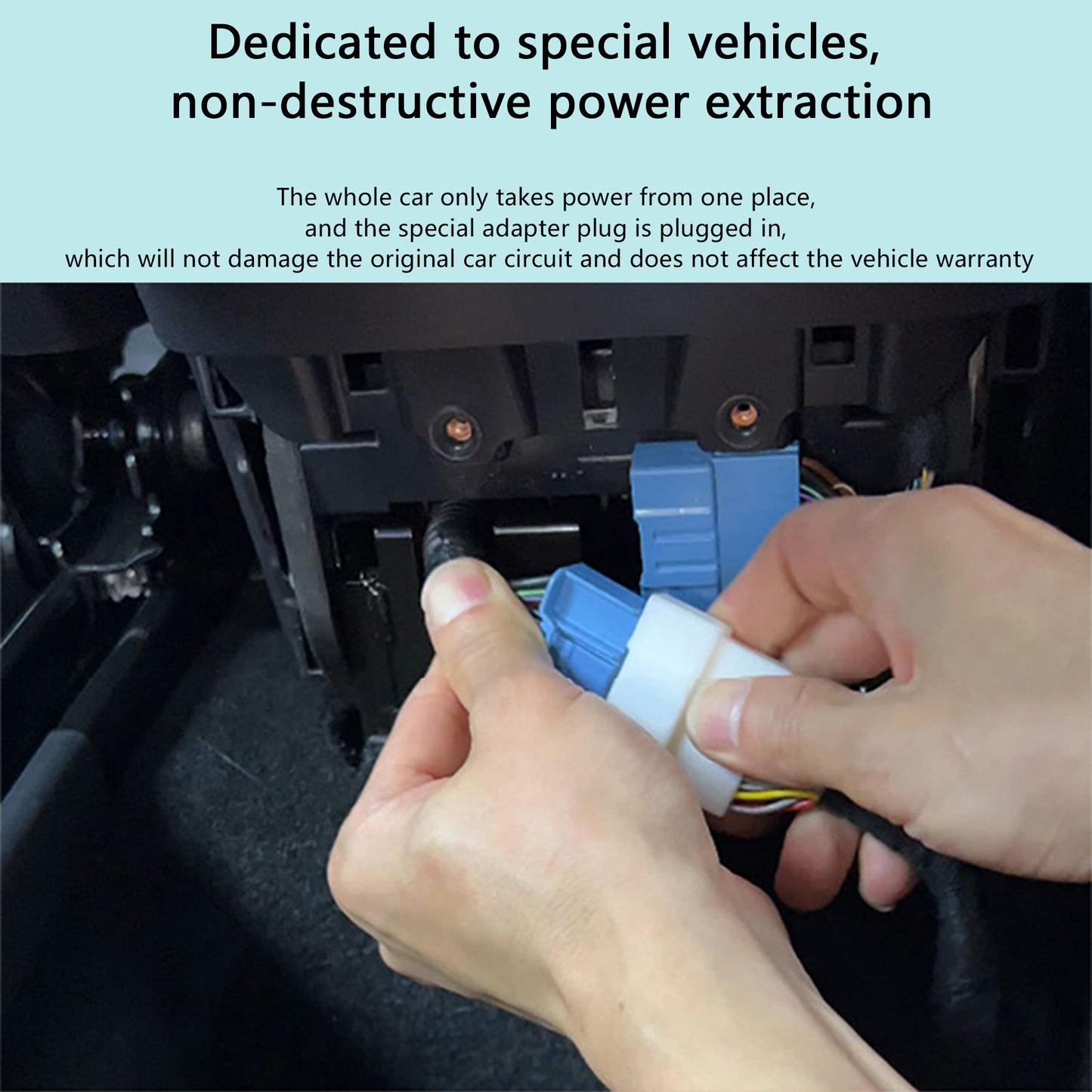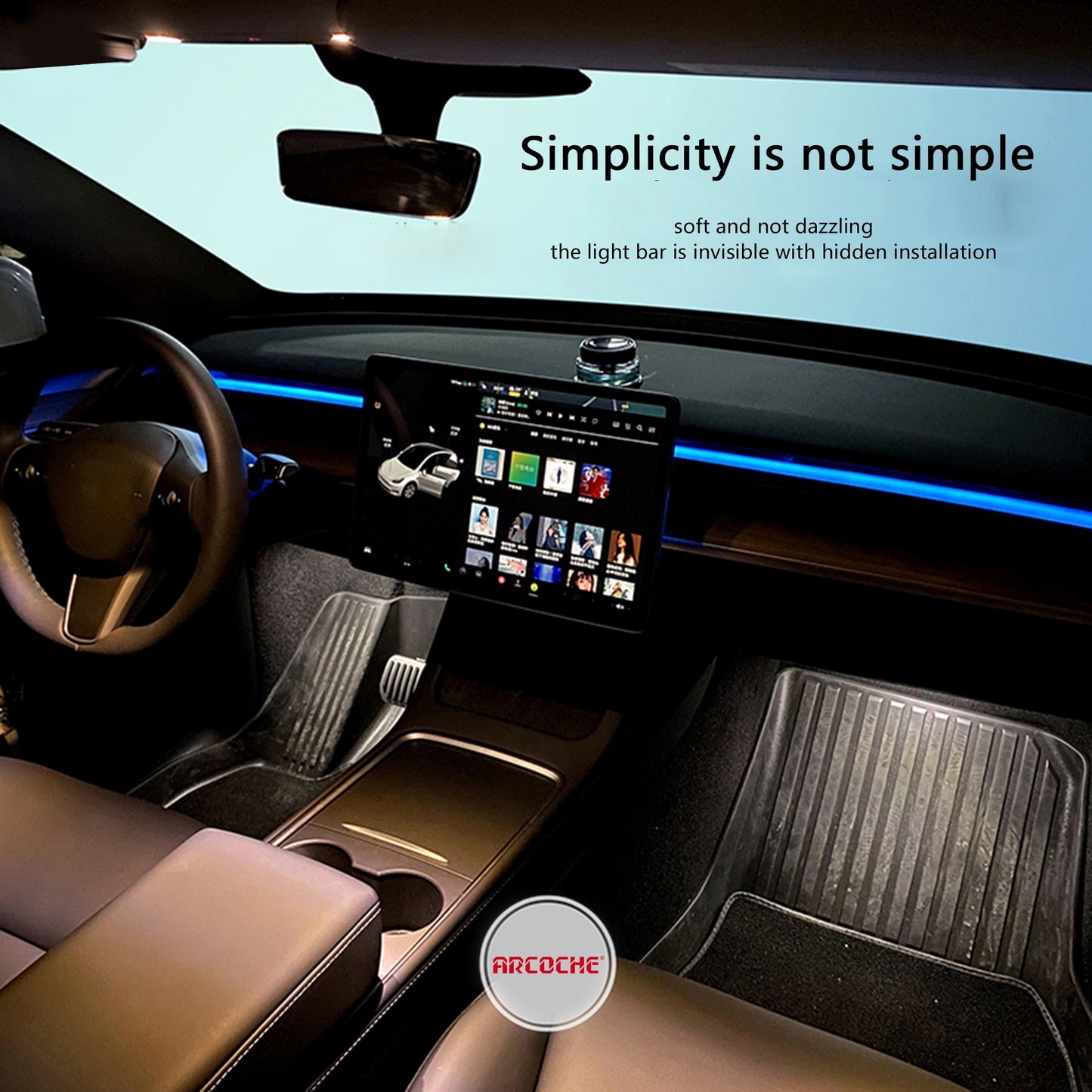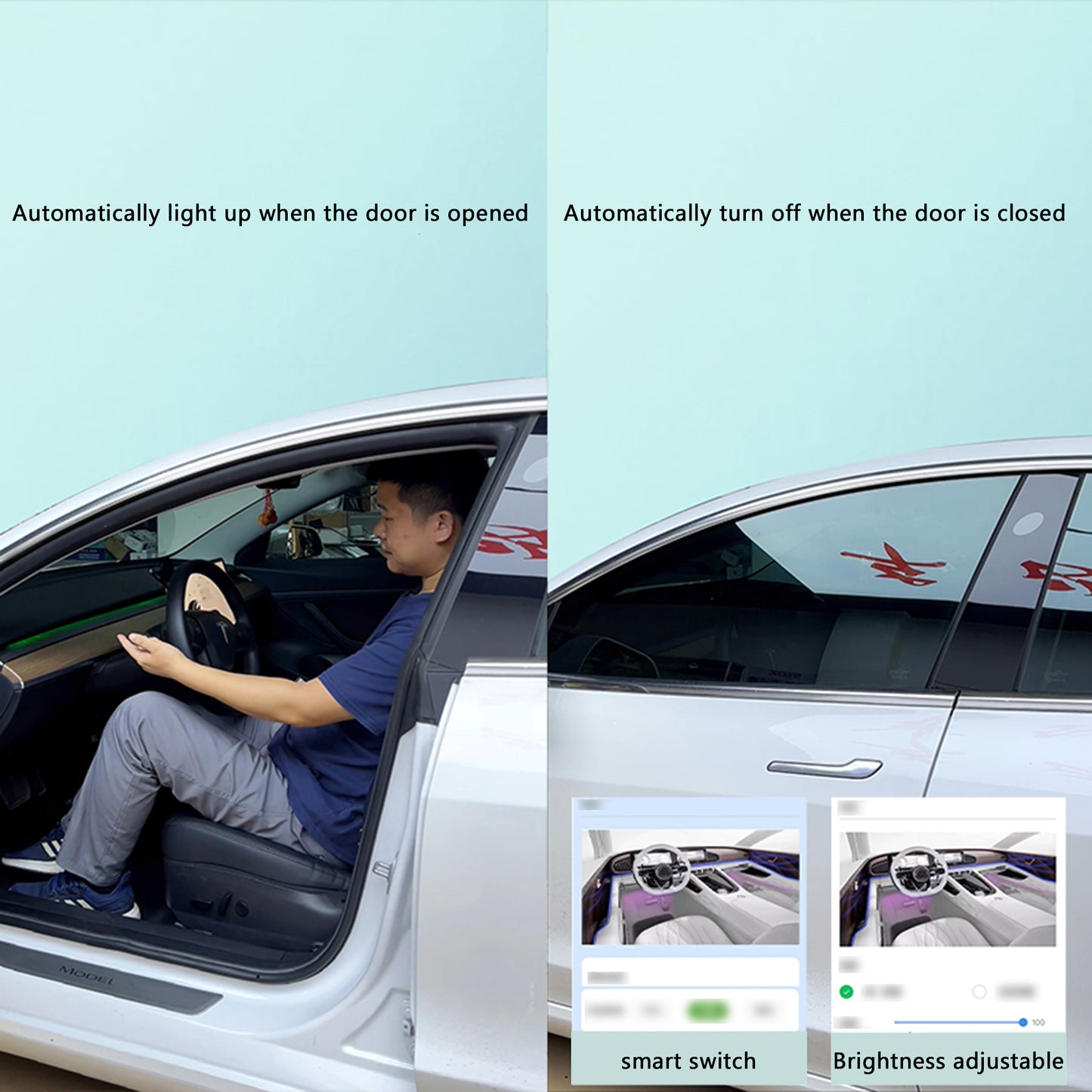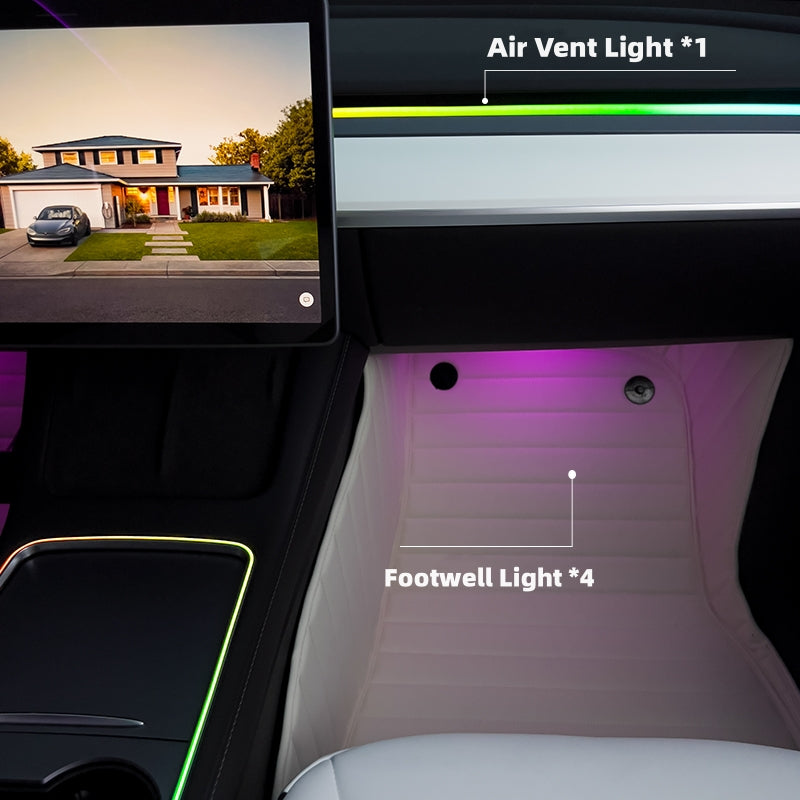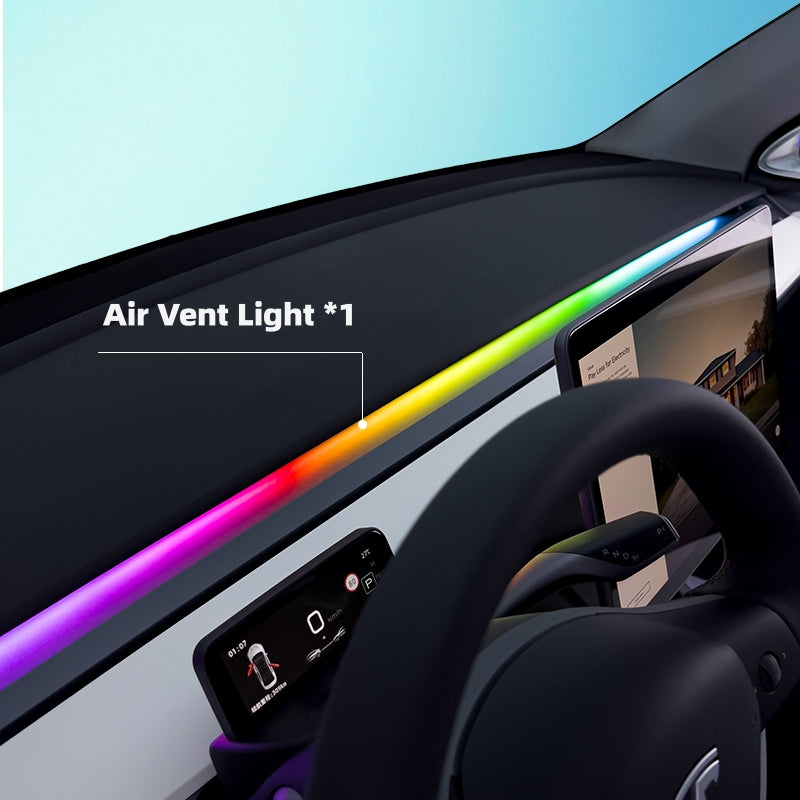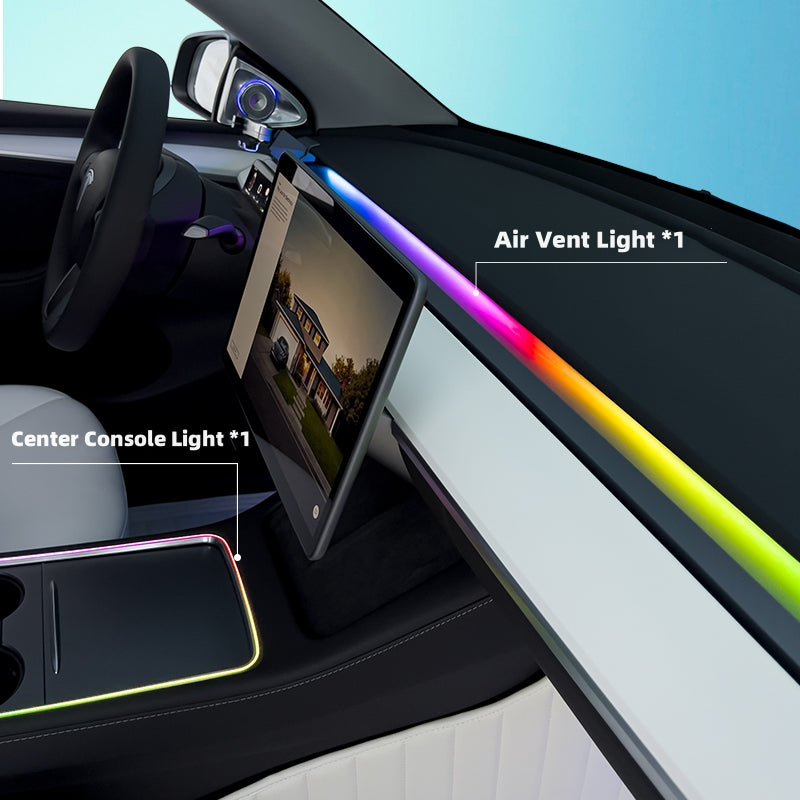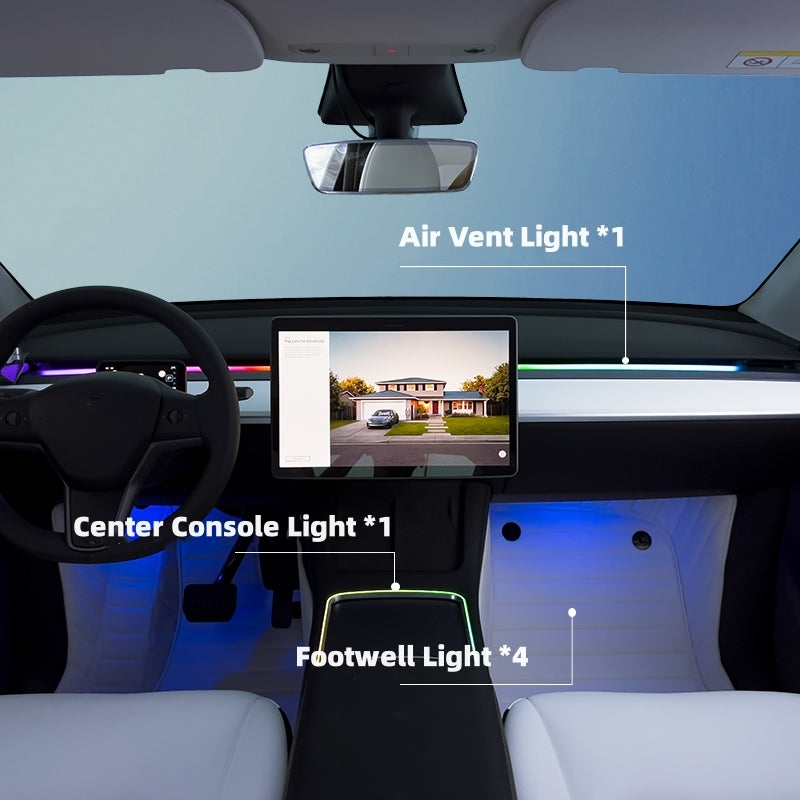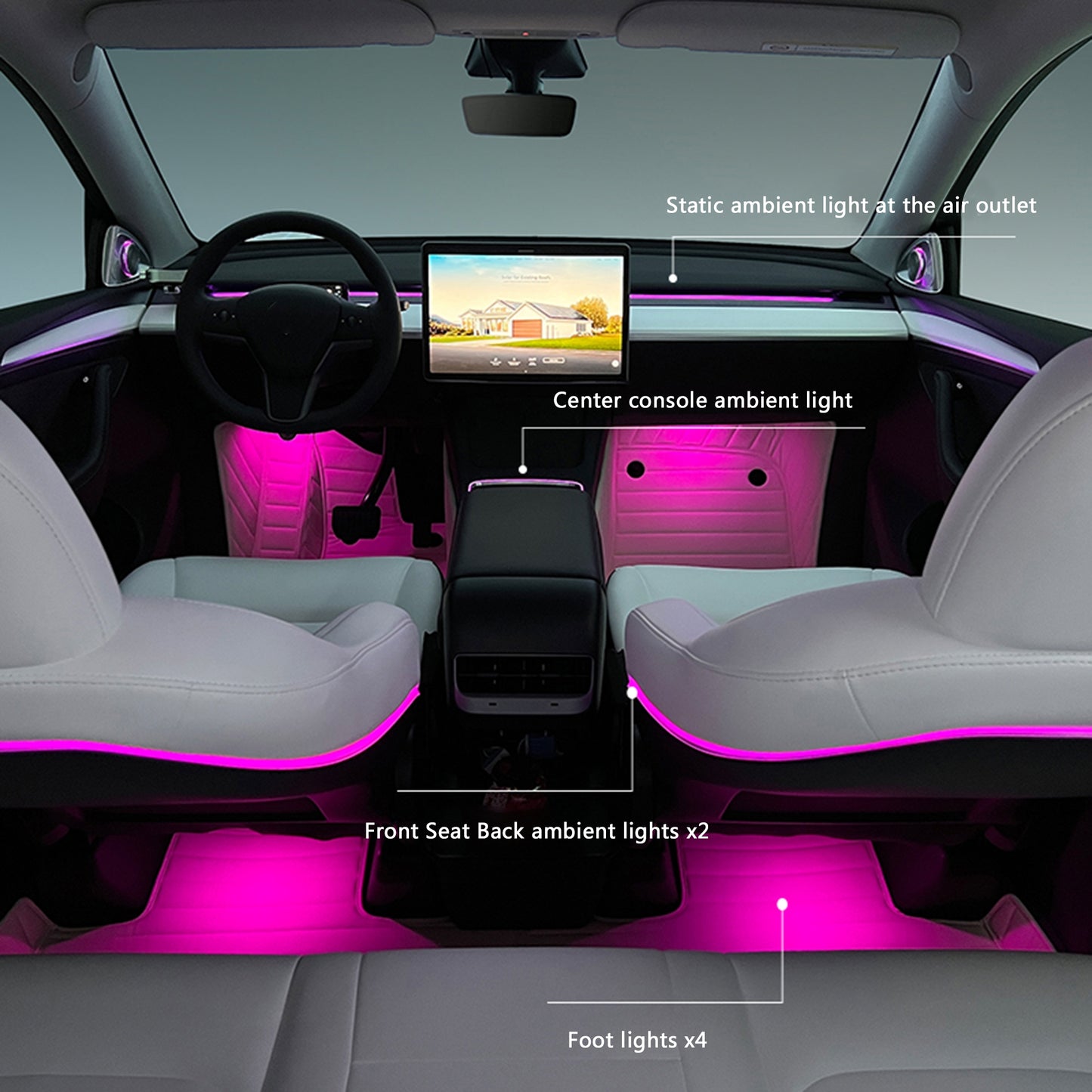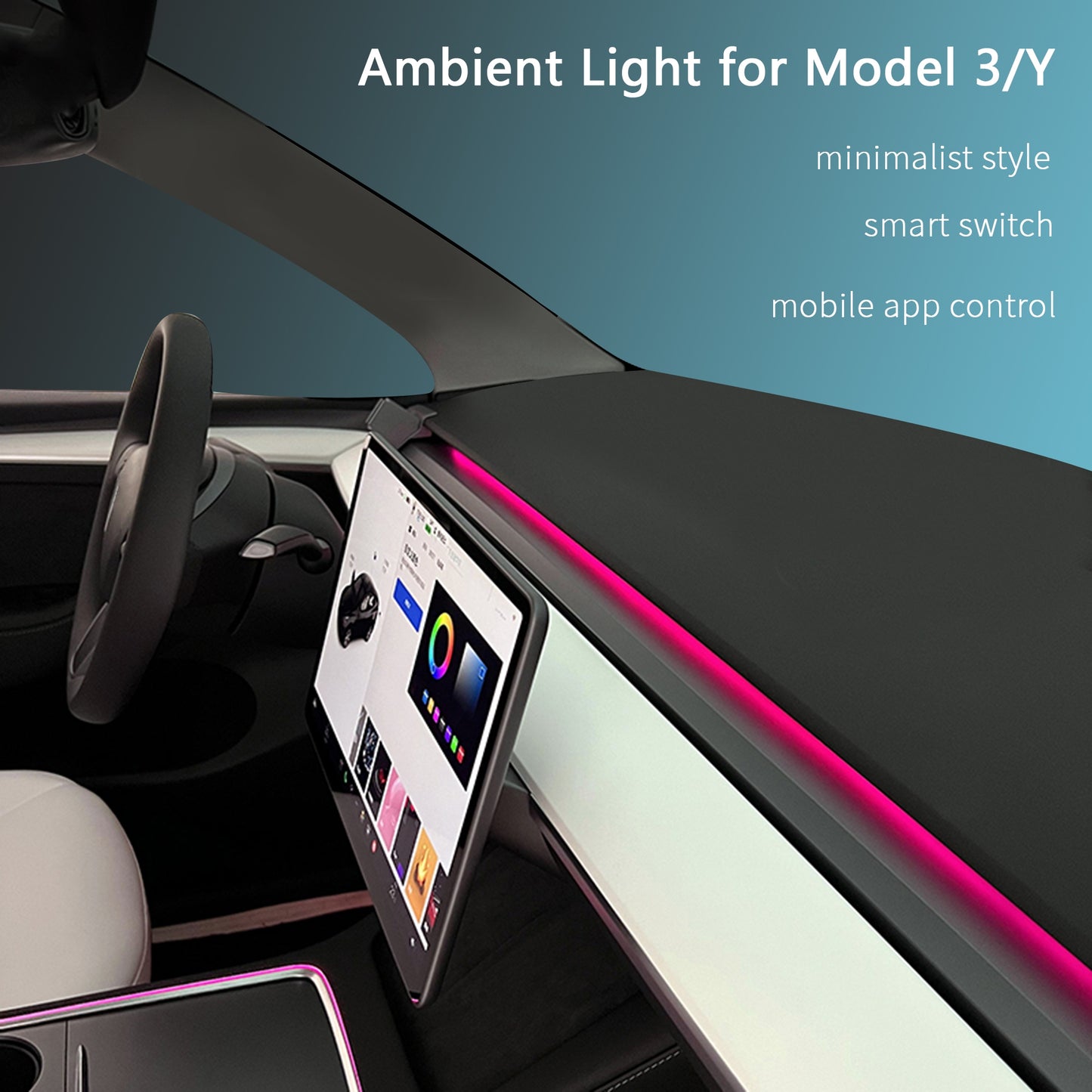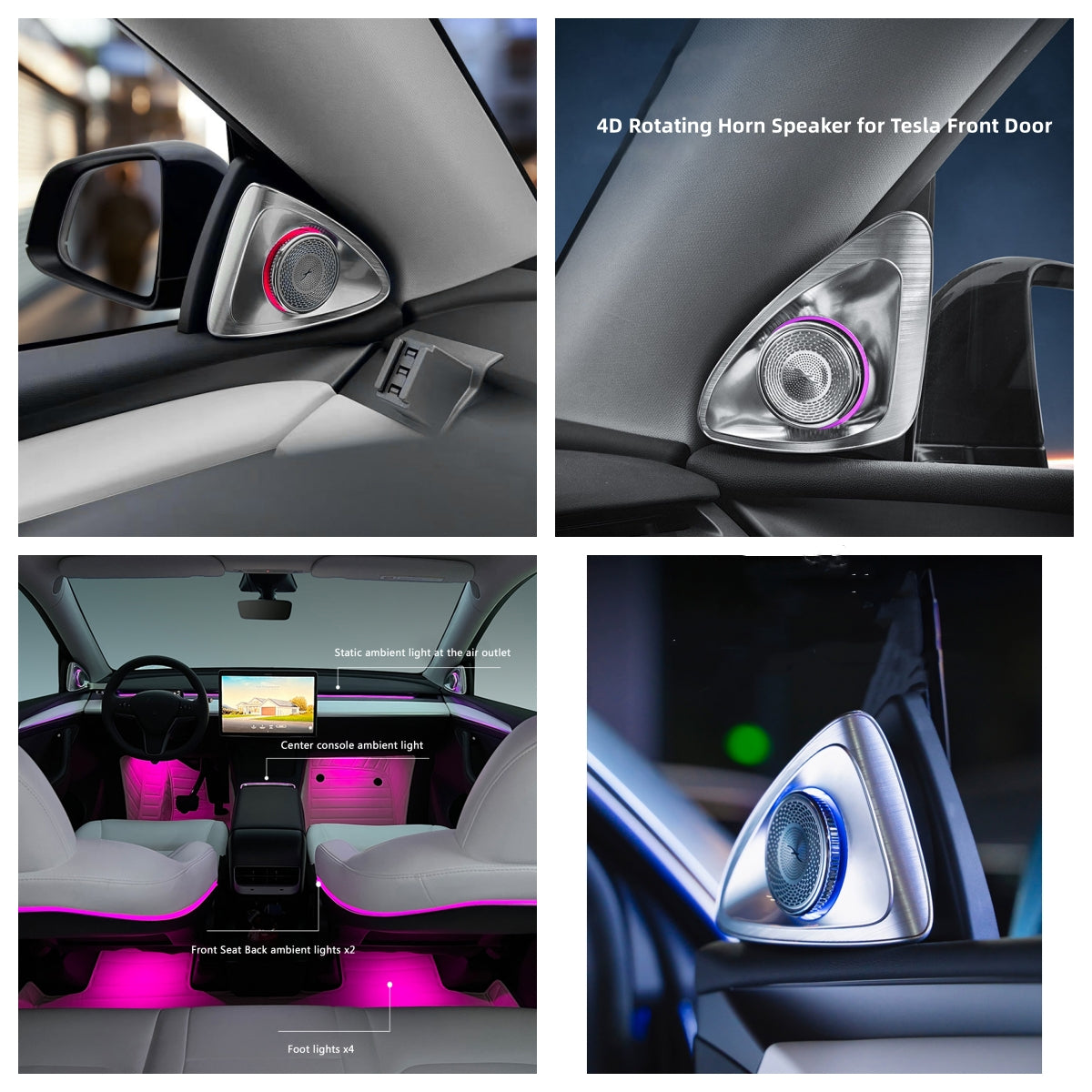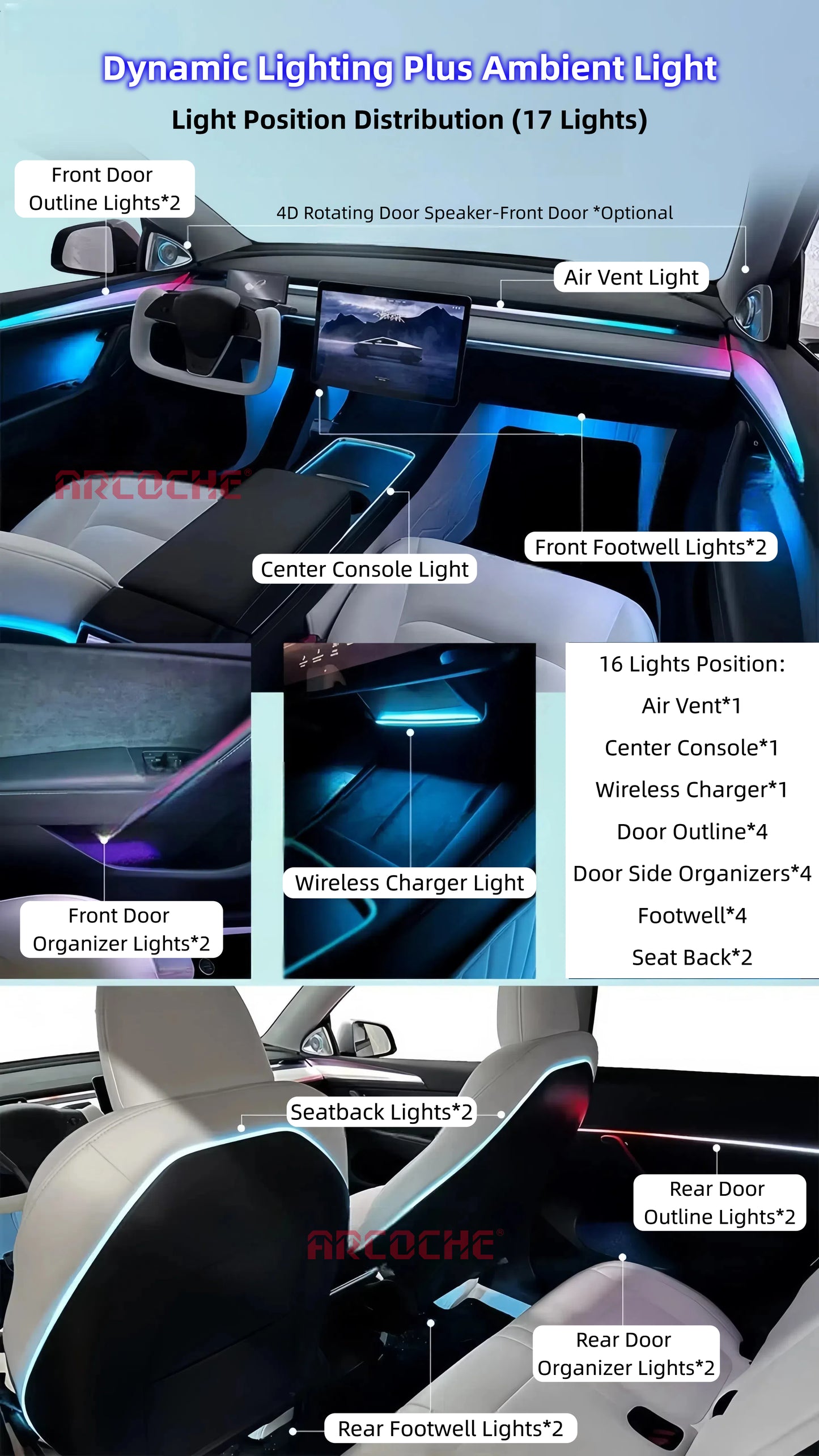
Tesla soars 15% after clearing key hurdle for advanced driver-assistance tech in China
Key Highlights:
* Tesla's stock surged on Monday following the achievement of a major milestone in launching its advanced driver-assistance technology in China.
* Known as Full Self Driving (FSD), this upgrade enhances Tesla's Autopilot driver assistant system.
* While Tesla has been offering its FSD technology in China for years, it previously had a limited feature set, primarily enabling operations like automated lane changing.
Shares of Tesla surged on Monday, marking their strongest performance since March 2021, following the electric carmaker's achievement of a significant milestone in the rollout of its advanced driver-assistance technology in China.
The company's stock price soared by 15% as investors reacted to developments related to Tesla CEO Elon Musk's visit to China.
On Sunday, Tesla announced that local Chinese authorities had lifted restrictions on its vehicles after meeting the country's data security standards.
This move heightened expectations that Tesla's Full Self-Driving (FSD) software would soon be available in China, the world's largest electric vehicle market.
Although Tesla's electric cars enjoy widespread popularity in China, reports have emerged of certain government-related properties banning them over data security concerns.
In a separate development, earlier this year, the Biden administration announced an investigation into whether imported cars from China pose national security risks, as they could potentially collect sensitive data.
FSD stands for Full Self-Driving, an upgrade to Tesla's Autopilot driver assistance system. While Tesla has been offering its FSD technology in China for years, it has been with a limited feature set, allowing only certain operations like automated lane changing.
It's important to note that Tesla does not currently manufacture or sell cars capable of full autonomous driving. Instead, it offers 'Level 2' driver-assistance systems under the FSD brand.
Musk's company has faced legal action in the U.S. from the California Department of Motor Vehicles for alleged false advertising related to its Autopilot and Full Self-Driving driver-assistance systems.
Tesla responded that the DMV had been aware of its use of these brand names for years and chose not to take action. The firm believes Californian law on advertising of autonomous driving systems violates free speech.
Overcoming major hurdles in China
Data security concerns have posed a significant barrier to Tesla's complete implementation of the system in China.
Furthermore, Tesla has purportedly struck a deal with Baidu, granting Musk's company access to the Chinese internet giant's mapping and navigation technology for Tesla's FSD feature.
The arrangement would enable Tesla to utilize Baidu's mapping service license, a prerequisite for advanced driving systems to function on public roads in China, as per Reuters, citing two anonymous sources with knowledge of the situation.
CNBC could not corroborate the report independently. Tesla and Baidu were not immediately reachable for comment.

With the permit, obtainable solely through partnerships with local Chinese companies, Tesla will be authorized to deploy FSD technology on Chinese roads, allowing its vehicle fleets to collect data on traffic patterns, road signage, and routes.
This milestone achievement for Tesla in introducing its FSD technology to China represents a significant victory for the company amidst stiff competition in the Chinese market. Domestic competitors like BYD, supported by Warren Buffett, as well as Nio and XPeng, have intensified their rivalry with Tesla in recent years.
BYD briefly held the title of the world's largest electric vehicle manufacturer, producing over three million new energy vehicles in 2023. However, the company has recently surrendered its leadership position following a sharp 43% decline in sales during the first quarter.



